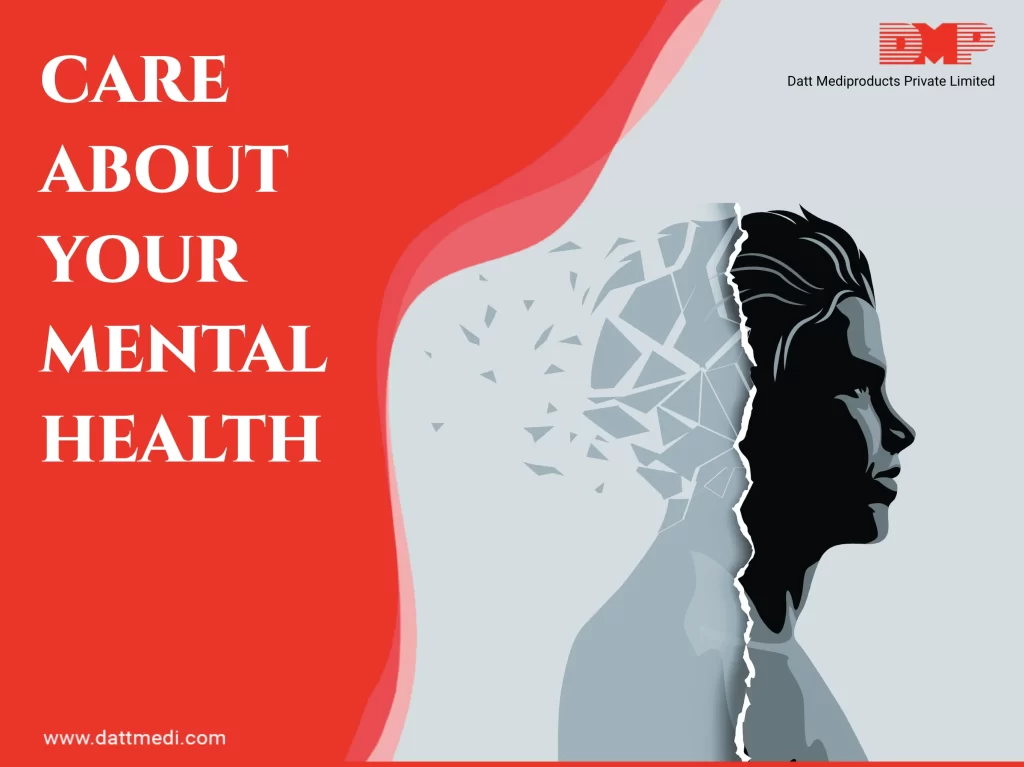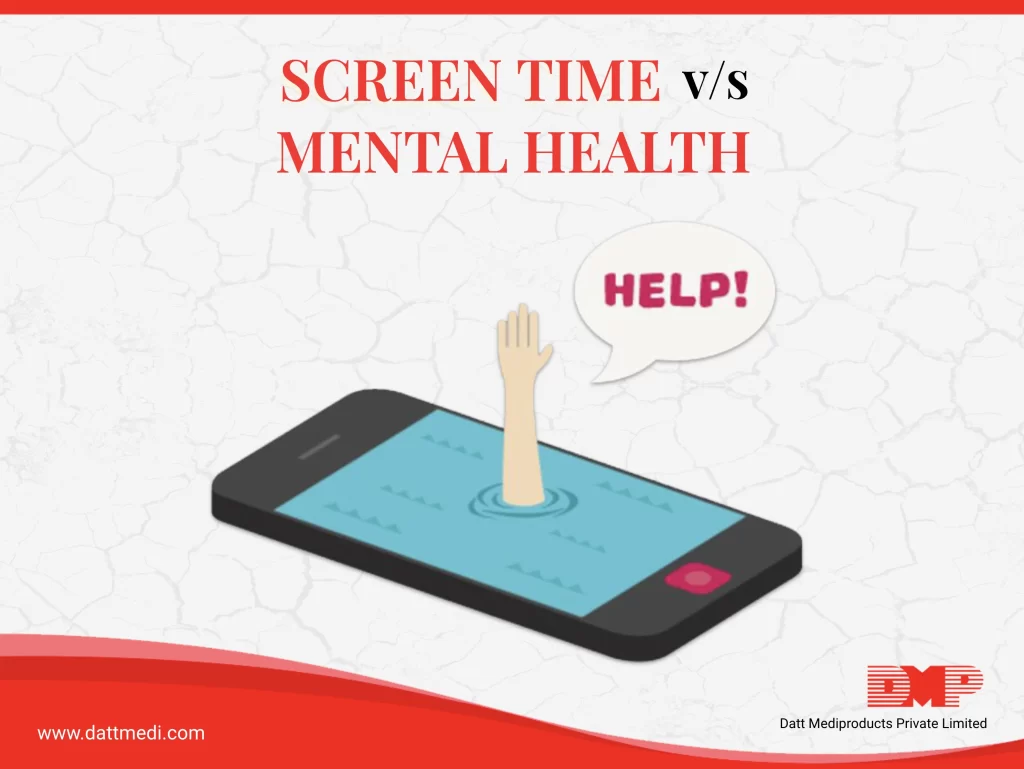
Mental Health is the basis of emotions, communication, thinking ability, learning and self-esteem. A good mental health results in productive daily activities, Healthy relationships and a strong ability to adapt to any changes and cope with adverse situations.
Mental Illness is a medical condition, just like any other indicators such as heart disease or diabetes. Mental health conditions are diagnosable and treatable.
Mental illnesses involve significant changes in thinking ability, emotions and/or behaviour causing distress and/or problems functioning in social, work or family activities.
Few examples of mental illnesses:
– ATTENTION DEFICIT HYPERACTIVITY DISORDER: ADHD is a developmental disorder where the patients encounter issues with attention, hyperactivity or acting impulsively.
– DEPRESSION: It’s a serious mental health issue which involves a feeling of continuous sadness maybe while walking through the rough phase of life. Depression requires both an understanding and treatment of the patient.
– ANXIETY DISORDERS: Anxiety may be experienced by everyone during their life but when its repeated episodes start impacting one’s life, it may be called as Anxiety Disorders.
– SCHIZOPHRENIA: People with Schizophrenia lose a touch with reality. Hallucinations, delusions, disordered thinking & behaviour take over.
– EATING DISORDERS: When any individual becomes obsessed with food and weight matters, and it becomes difficult for him to focus on other aspects of life, it’s a clear indication of an eating disorder.
– OCD: “Obsessive-Compulsive Disorder” is characterized by unreasonable thoughts & fears (obsession) that lead to compulsive behaviour. OCD occurs when a person gets caught in a cycle of obsessions and compulsions. It can last for years or be life-long. Most of the people with OCD get benefitted from the available treatment options involving Exposure and Response Prevention (ERP)and/or medication.
– MOOD DISORDERS: Like Bipolar disorders, mood disorders are characterized by a dramatic shift in a person’s mood. Mood disorders cause a disruptive person’s life. Depressive, manic, and bipolar are the three major states of mood disorders.
Causes of Mental Illnesses:
Mental illnesses can be a result of either or both of the environmental factors and genetic factors.
- Inherited traits: Family history of the condition increases your risk of developing a mental illness and few life situations may act as a trigger.
- Environmental exposures before birth: Exposure to environmental factors while in womb-like stressors, inflammatory conditions, toxins, alcohol or drugs may act as a link to mental illness.
- Brain chemistry: Neurotransmitters are naturally occurring brain chemicals that carry signals to other parts of your brain and body. When the neural networks involving these chemicals are impaired, the function of nerve receptors and nerve systems change, leading to depression and other emotional disorders.
Prevention of Mental Illness:
There are no preventive measures to control mental illnesses but, following these steps may help reduce stress levels and boost the lowered self-esteem:
- Be Aware of the Warning Signs: Follow the therapist’s advice to control and avoid the triggers of mental illness symptoms.
- Don’t Skip Routine Check-ups: Regular check-ups and therapist visits must not be neglected.
- Follow your treatment regime: The treatment plan must be followed as told. The long-term maintenance plans help to prevent the condition relapse.
- Care about yourself: Following a healthy diet, having enough sound sleep, indulging in a regular physical activity may help to keep your symptoms under control.
We @DattMediproducts understand that most mental illnesses don’t become better on their own, and if proper treatment is not provided to the patients, a mental illness may worsen over time and cause serious problems. If anyone related shows any sign or symptom of mental illness, take to them, have an open discussion and encourage them for professional care and support.




